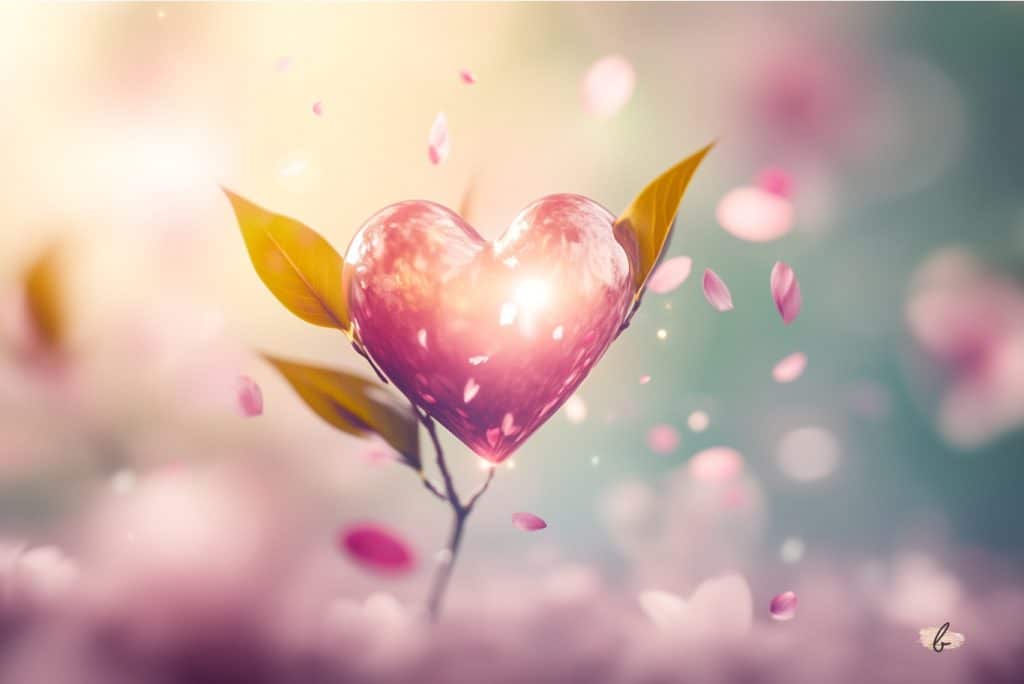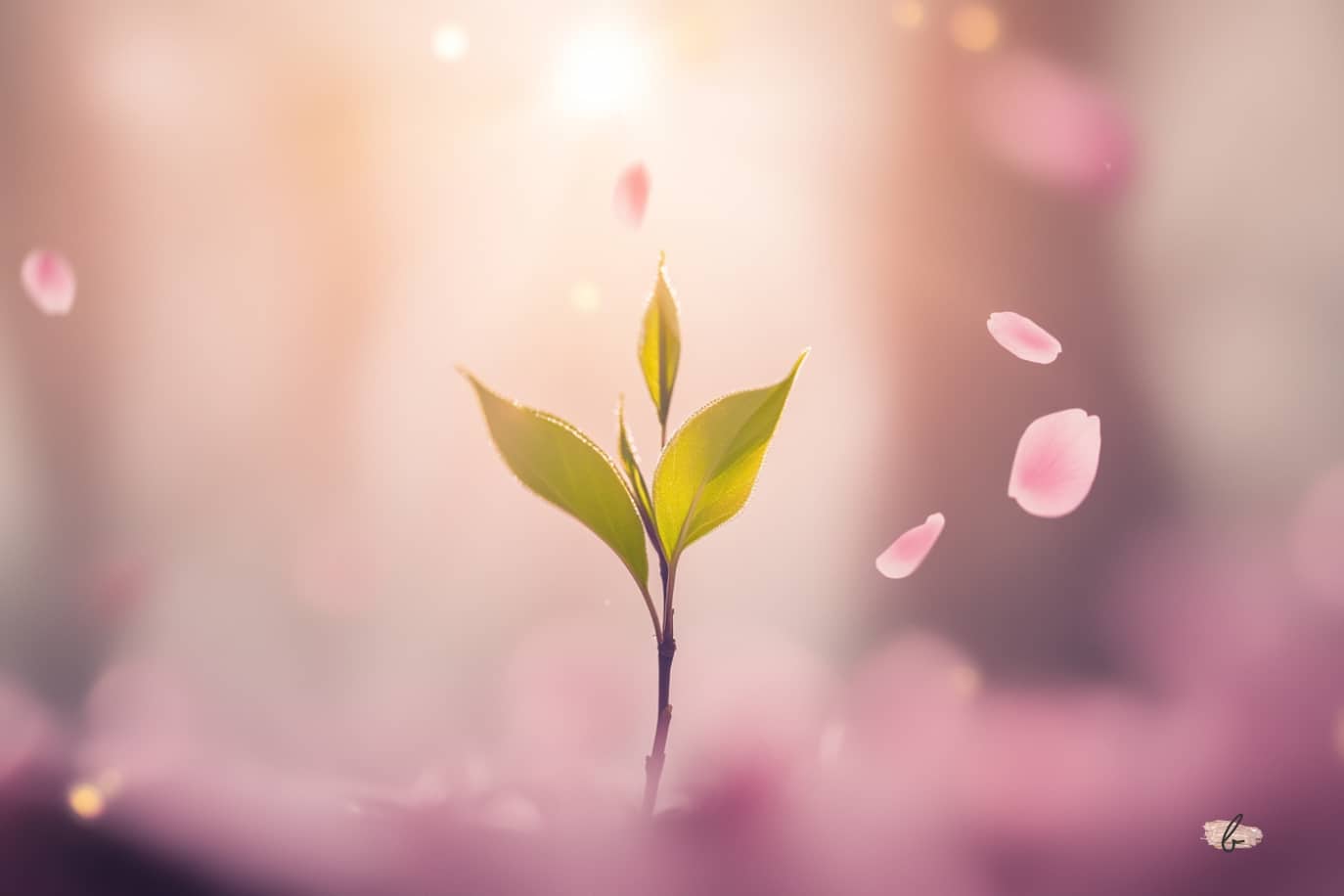You can turn the deepest, most difficult moments into your secret source of strength.
Hope is easy when things are going well. But when life feels like an endless cycle of setbacks, disappointments, and closed doors, hope can feel impossible to grasp. It’s not just a challenge—it’s a battle. Some days, it feels like clinging to a lifeline that keeps slipping through your fingers.
How do you keep believing when everything seems stuck?
When another opportunity slips away.
When another effort fails.
When your health is fragile, and every day feels like a fight to just keep going.
When relationships feel strained, and loneliness settles in like an unwelcome guest.
When personal struggles weigh heavily, making even small steps forward seem impossible.
When it feels like the world is moving ahead while you’re struggling just to keep up.
You remind yourself to stay strong. To trust that things will turn around. To believe that change is possible. But what happens when that quiet voice of doubt starts whispering, “Maybe it never will?”
Maybe you’ve started wondering if you’re doing something wrong.
Maybe you’ve questioned whether Hashem has forgotten you.
Maybe you’ve stopped davening with kavanah because you’re afraid of feeling let down again.
The uncertainty has left you feeling exhausted, unmotivated, and ready to give up.
The Two Letters
This is the story of one girl who had lost all hope. And the moment that changed her life forever.
Rivky was 26, and after years of dating, she was done.
Done with the first dates that went nowhere. Done getting her hopes up, only to have them come crashing down. Done davening and feeling like her Tefillos were bouncing off the ceiling.
She fell into a deep depression and stopped hanging out with friends, began to neglect herself, and barely left the house. What was the point? She had done everything right—davened, worked on herself, gone out with every guy she was supposed to—but nothing.
So, she sat at home and cried.
One night, while cleaning out a drawer, she found an old envelope. She picked it up and saw an envelope with her handwriting.
She opened it. Inside was a letter.
Dear Future Me,
When you read this, you’ll be at your vort, surrounded by family and friends. I hope you’re glowing. I hope your chosson is everything you dreamed of. I hope you never forget how excited and grateful you feel at this moment.
She had written it at 19, back when she assumed marriage was just around the corner.
Now, seven years later, she felt she had nothing left of that girl. The dream she had written about had turned into disappointment after disappointment. She wasn’t glowing. She wasn’t at a vort. She wasn’t even sure Hashem was listening.
That night, she sat down and wrote another letter.
“Dear Hashem,”
“I don’t know if You hear me anymore. I don’t know if my Tefillos mean anything to You. I feel invisible. I did everything right—I davened, gave Tzedaka, and did my hishtadlus. And still, nothing. I feel like You’ve forgotten me.”
She folded it up and angrily stuffed it in the back of the drawer. She couldn’t bear to throw it away, but she also couldn’t bear to look at it.
And then, a few weeks later, something happened.
Her good friend showed up at her door.
“Get dressed,” she said. “We’re going out.”
Rivky shook her head. “Not happening.”
Her friend wasn’t taking no for an answer. “We’re going to the Rosh Chodesh kumzitz. You need to come.”
Rivky rolled her eyes. A kumzitz? The last thing she wanted was to sit in a circle of inspired, glowing women, singing their hearts out, feeling close to Hashem while she felt… nothing.
But her friend wasn’t leaving without her.
So, she went.
But her heart was closed. She sat in the room, arms folded, determined not to be inspired.
The women sang one song after another.
“Min hameitzar karasi Kah…”
“Shifchi kamayim libeich…”
“Acheinu Kol Beis Yisroel…”
“Machnisei Rachamim…”
She sat there, stone-faced, seething inside.
What does any of this mean for me? Why should I cry? Why should I ask Hashem for anything when He clearly isn’t listening?
And then, the women started singing:
“Kol Berama nishma, Rochel mevaka al baneha…”
A voice is heard on high—Rochel weeping for her children.
And then—
“Mama Rochel, cry for us again…”
Rivky looked up.
She looked around the room.
And she saw that there wasn’t a dry eye in sight.
Every woman—married, single, older, younger—was crying. Pouring out their hearts.
And something inside her shifted.

Rachel Imeinu wasn’t just crying—she was waiting.
She waited to marry Yaakov, only to see her sister take her place. She waited for children, watching others build families while she remained empty. She waited until her final moment, buried on the side of the road, far from the place she longed to be.
And she is still waiting, yet she never gives up.
Her tears aren’t a sign of despair.
They are a sign of hope.
Hashem told her:
“Minee koleich mibechi, v’einayich midimah…”
“Rochel, you can stop crying now.”
Not in an impatient way. Not as if to say, enough already!
But in the gentlest, most loving way.
“I hear you.”
“Your tears matter.”
“Your efforts have reward.”
“V’shavu banim ligvulam…Your children will come home.”
Rivky sat there, letting the words sink in.
She had spent so long believing that her pain meant she was forgotten. That her waiting was proof that Hashem wasn’t listening.
But maybe—maybe—He had been listening all along.
That night, she went home, pulled out the letter she had written to Hashem, and added one more line:
“I still don’t understand. But I know You’re listening.”
And then she cried—not from anger, not from resentment, and not from that hollow, aching place of Why me? Why is this happening to me?
This time, her tears came from a different place—a lev nishbar, a broken heart. It wasn’t about giving up; it was about releasing her pain while still holding on to hope. It was the kind of brokenness that is reaching out, calling to Hashem, even without answers.
And for the first time, she understood the difference: the difference between despair that shuts you off from connection and a broken heart that brings you closer than ever.
The Power of a Broken Heart

There is a deep difference between feeling broken and falling into despair.
Rebbe Nachman teaches that a lev nishbar, a broken heart, is not the same as atzvus, despair. A broken heart is filled with pain but still yearns for connection. It is the kind of heart that cries out, that refuses to shut down completely. And Hashem draws close to those with such a heart. Even when they don’t understand, they still hold on to the belief that Hashem is with them.
Despair, on the other hand, is different. It is when the pain turns to bitterness, and the heart closes off entirely. It is the moment a person stops believing that things can change, that Hashem is listening, that there is any reason to hope. It creates distance, cutting off the possibility of light entering the darkness.
The Kotzker Rebbe once said, “Nothing in the world is as whole as a broken heart,” because a broken heart is still reaching, still open, still able to heal. And Hashem is closest to those who turn to Him in their pain.
Karov Hashem l’nishberei lev, v’es dak’ei ruach yoshia… Hashem is close to the brokenhearted and saves those who are crushed in spirit.
Hashem does not ignore suffering. He is ready to heal, to comfort, and to restore.
But the first step is ours—to reach out, even with tears, even with doubt.
Harofei lishvurei lev, u’mechabeish l’atzvosam… He heals the brokenhearted and binds up their wounds.
A broken heart still has hope. It still calls out. It still holds on. And that makes all the difference.
Holding on Even in the Dark
Hope isn’t about pretending everything is fine. It’s about choosing to believe that even in the hardest moments, something greater is at play.
It’s about knowing that waiting isn’t wasted time—that even when you don’t see it, something is shifting.
It’s about reminding yourself that just because you don’t have answers doesn’t mean Hashem isn’t listening.
And maybe, just maybe, it’s about realizing that the darkest moments often come right before everything changes.
You are not forgotten. You are not invisible. Your prayers matter.
The Five Levels of Trust
So, how do we hold on to hope when doubt creeps in? How do we strengthen our belief that we are not alone in the waiting?
By understanding the five levels of trust and how each one can guide us forward.
1. Trust in the Process
Even when things don’t make sense, every experience is shaping you. The detours, the delays—they are part of something greater. Trust that every step, even the ones that feel backward, is leading somewhere.
2. Trust in Yourself
You are stronger than you think. You have faced obstacles before, and you have overcome them. Trust that you have the resilience to make it through this too.
3. Trust in Others
There are people who care, people who want to help, people who can offer support if you let them in. Trust that you are not meant to go through this alone.
4. Trust in the Journey
Even when life looks different from what you expected, it is still your unique path. Trust that where you are today is not where you will always be.
5. Trust in Hashem
Even in the silence, He is listening. Even in the waiting, He is working. Even in the struggle, He is guiding. Trust that you are never alone, not for a single moment.
Hope doesn’t mean having all the answers. It means choosing to believe, even when nothing makes sense, or knowing exactly how things will turn out.
It’s about believing that, somehow, they will.





Beautiful and empowering messages!
After an incredibly hard week, I was feeling a bit down and i got home and I saw this article and it has given me tremendous Nechoma! Thank you for such a well written, clear article!
Wow, I truly feel empowered and inspired! Hashem knew just when I needed this message so badly.
Thank you! Just what I needed to hear today… I wrote this poem now in response
I feel so alone and confused
after this disappointing news
just when I started to hope-
I don’t know how to cope
I feel cast away from Hashem
flung into a deep chasm
I just lay down there
My being gasping for air
Traumas left me shattered
My sense of self in tatters
the fragments held in place
by a mix of trust and faith
but with this new blow I’m dealt
the glue around my cracks melt
and I’m just a puddling mess
of hurt and pain and loneliness
I let myself grieve
Yet still I believe
I am not forgotten
by my Almighty טאטע’ן
He’s here with me
My pain is His agony
He’ll lead the way
to a brighter day
Wow! Gorgeous!
Beautiful.